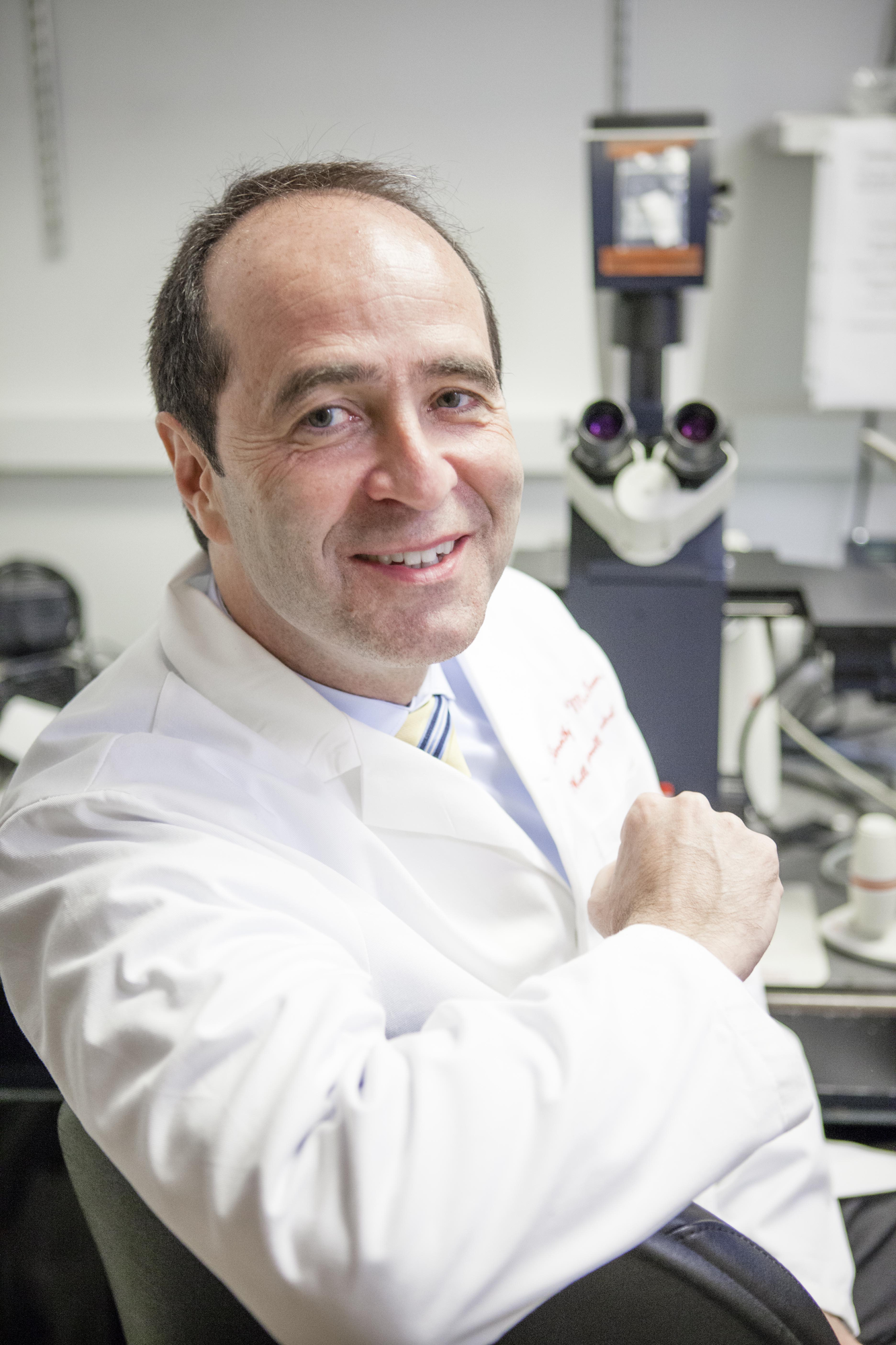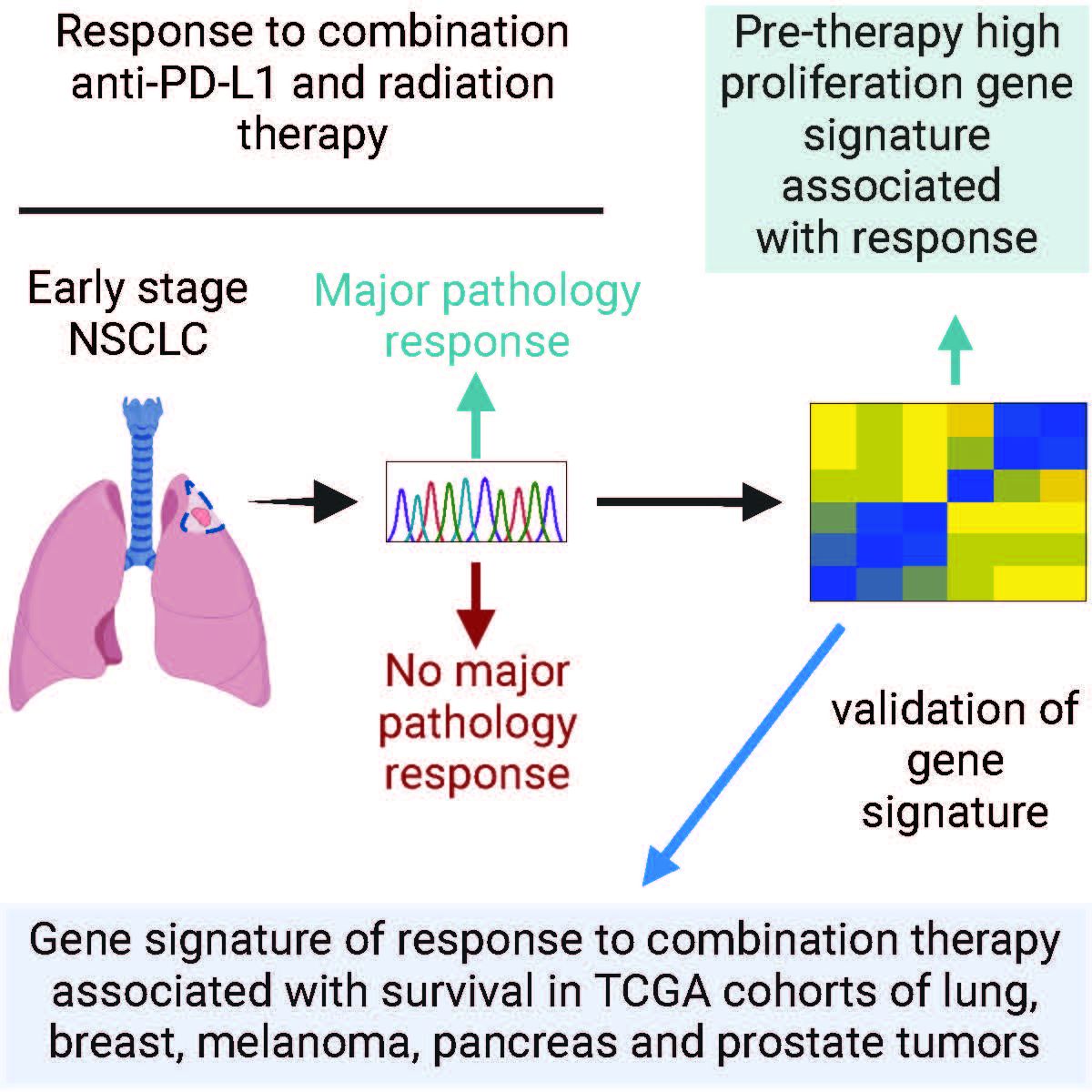
Research
Work in my lab addresses how the subcellular location of proteins impacts their biological function. One of my labs main interest is understanding how insulin controls glucose uptake into fat and muscle cells, a process that is essential for metabolic health and that is defective in diabetes. Glucose is transported into fat and muscle cells by the GLUT4 glucose transporter, which in the absence of insulin signaling is stored inside the cells. Insulin stimulation reversibly recruits GLUT4 to the plasma membrane where it enhances glucose entry into cells. Thus, the transport activity is regulated by controlling the amount of GLUT4 on the surface of cells, and it is that mechanism we wish to describe in molecular detail. We also study the impact of localization on biological activities of two other membrane proteins: the GIP incretin hormone receptor that functions in controlling metabolic tone and the immune checkpoint transmembrane ligand, PD-L1. In these three projects we aim to describe the molecular mechanisms that regulate the trafficking of these proteins among intracellular compartments. A second area of interest is to understand how early lung cancers evade anti-tumor immune response and how those mechanisms can be targeted to improve therapy. That work focuses on studies of human samples and therefore is translational science.
Figure 1: Cartoon of GLUT4 trafficking pathway. Brumfield et al., 2021


Figure 2. Summary cartoon for correlative study of response and resistance to immune checkpoint blockade in lung cancer. Altorki et al., 2024.

Current Projects:
- Insulin control of GLUT4 glucose transporter trafficking in fat and muscle cells.
- Modeling a naturally occurring human variant of the GIP incretin receptor in mice.
- Resistance of oncogenic EGFR tumors to immunotherapy.
- Response of early stage lung cancer to immune therapy.
Bio
Timothy McGraw completed undergraduate training in Chemistry at the University of Chicago and earned a PhD in Microbiology from NYU. Following this, he served as a postdoctoral fellow in the lab of Frederick Maxfield at Columbia College of Physicians and Surgeons, focusing on transferrin receptor endocytosis and recycling. He was an Assistant Professor in the Department of Pathology at Columbia College of Physicians and Surgeons before joining the Biochemistry Department at Weill Cornell Medicine.
Selected Publications:
Altorki NK, Bhinder B, Borczuk AC, Elemento O, Mittal V, McGraw TE. A signature of enhanced proliferation associated with response and survival to anti-PD-L1 therapy in early-stage non-small cell lung cancer. Cell Rep Med. 2024 Mar 19;5(3):101438. doi: 10.1016/j.xcrm.2024.101438. Epub 2024 Feb 23. PMID: 38401548. LINK
Ray A, Wen J, Yammine L, Culver J, Parida IS, Garren J, Xue L, Hales K, Xiang Q, Birnbaum MJ, Zhang BB, Monetti M, McGraw TE. Regulated dynamic subcellular GLUT4 localization revealed by proximal proteome mapping in human muscle cells. J Cell Sci. 2023 Dec 1;136(23):jcs261454. doi: 10.1242/jcs.261454. Epub 2023 Dec 21. PMID: 38126809; PMCID: PMC10753500. LINK
Yammine L, Picatoste B, Abdullah N, Leahey RA, Johnson EF, Gómez-Banoy N, Rosselot C, Wen J, Hossain T, Goncalves MD, Lo JC, Garcia-Ocaña A, McGraw TE. Spatiotemporal regulation of GIPR signaling impacts glucose homeostasis as revealed in studies of a common GIPR variant. Mol Metab. 2023 Dec;78:101831. doi: 10.1016/j.molmet.2023.101831. Epub 2023 Nov 2. PMID: 37925022; PMCID: PMC10665708. LINK
Letian A, Lemma EY, Cavaliere P, Dephoure N, Altorki NK, McGraw TE. Proximity proteome mapping reveals PD-L1-dependent pathways disrupted by anti-PD-L1 antibody specifically in EGFR-mutant lung cancer cells. Cell Commun Signal. 2023 Mar 13;21(1):58. doi: 10.1186/s12964-023-01084-6. PMID: 36915197; PMCID: PMC10010028. LINK
Brumfield A, Chaudhary N, Molle D, Wen J, Graumann J, McGraw TE. Insulin-promoted mobilization of GLUT4 from a perinuclear storage site requires RAB10. Mol Biol Cell. 2021 Jan 1;32(1):57-73. doi: 10.1091/mbc.E20-06-0356. Epub 2020 Nov 11. PMID: 33175605; PMCID: PMC8098823. LINK
